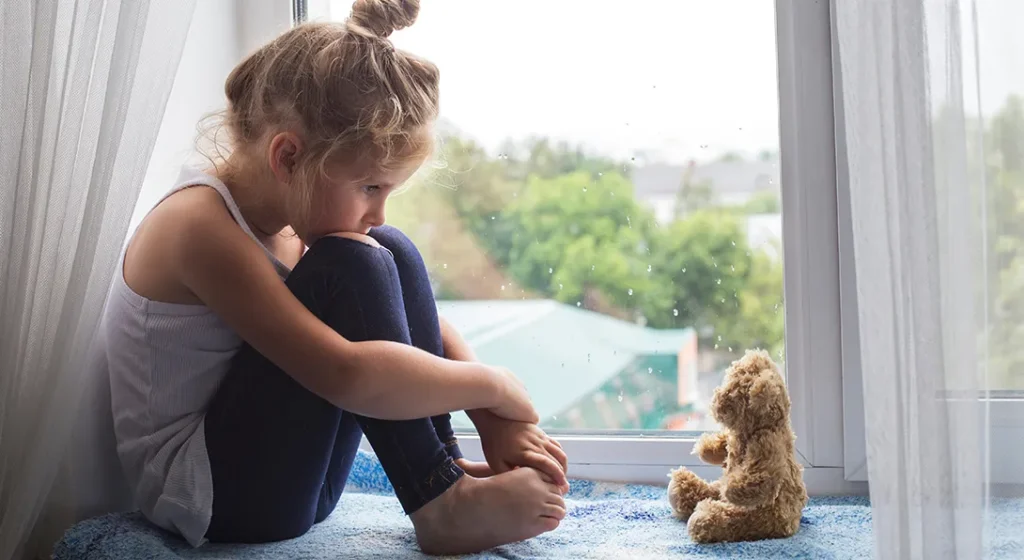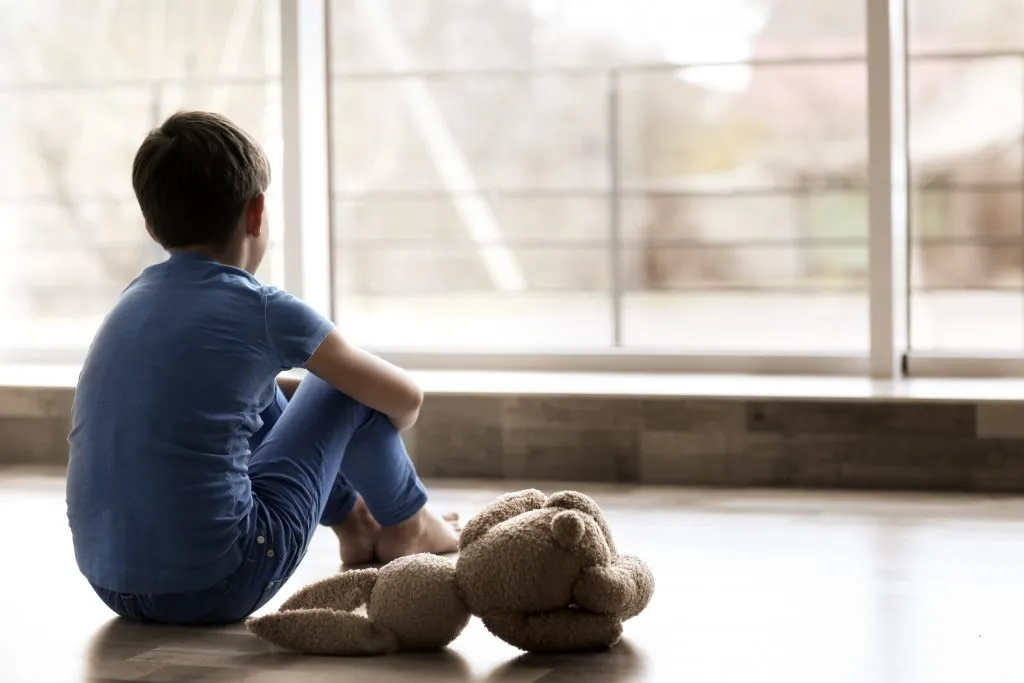Do you want to know the potential signs your child is being mistreated at daycare? Keep reading to know the potential signs your child is being mistreated at daycare.

Leaving your child in the care of a daycare facility is a significant decision, and ensuring their safety and well-being is a top priority for any parent.
This guide aims to shed light on potential signs that your child may be experiencing mistreatment at daycare, helping parents navigate concerns and take appropriate actions.
Signs Your Child is Being Mistreated at Daycare

Here are potential signs your child is being mistreated at daycare:
1. Your Child Comes Back With Unexplained Injuries or Bruises
Visible signs of mistreatment often manifest as unexplained injuries or bruises on your child. While occasional accidents can occur, frequent or severe injuries should raise immediate concerns.
Also, careful investigation and communication with daycare staff are essential to ensure your child’s safety.
2. You Notice Negative Changes in Your Child’s Behavior When Being Taken to Daycare
Abrupt shifts in your child’s behavior, such as becoming unusually withdrawn, anxious, or displaying aggression, may indicate mistreatment.
Pay close attention to any sudden changes in mood or temperament and address them promptly. Also, open communication with your child about their experiences is crucial.
3. Your Child Displays Fear or Reluctance to Go to Daycare
If your child expresses fear or reluctance to attend daycare, it’s a clear signal that something may be wrong.
Furthermore, persistent resistance should not be dismissed, and parents should explore the reasons behind their child’s discomfort, seeking clarity from both the child and daycare staff.
4. You Notice Regression in Your Child’s Developmental Progress
Mistreatment can hinder a child’s developmental progress. Look for signs of regression in skills or milestones your child has previously achieved, such as sudden bedwetting, speech regression, or changes in social interactions.
In addition, these may be indicators of distress.
5. Your Child is Being Given Unwarranted Punishments
Reports of unwarranted or excessive punishments from your child should be taken seriously.
If they consistently share stories of punishments that seem unrelated to their behavior, it raises concerns about the disciplinary practices at the daycare.
Furthermore, to address this, discuss such incidents with caregivers to gain insight.
6. The Daycare Lacks Adequate Supervision
Observing a lack of supervision or inadequate caregiver-to-child ratios is a significant concern.
Proper supervision is essential for maintaining a safe environment. Parents should advocate for sufficient oversight to ensure the well-being of all children at the daycare.
7. There is Strained Communication Between Caregivers and Parents
Limited or strained communication between caregivers and parents can hinder addressing concerns or obtaining information about a child’s well-being.
Establishing open and transparent communication channels is crucial for addressing issues promptly and maintaining trust.
8. Your Child Consistently Expressed Complaints Related to Their Time at Daycare
If your child consistently expresses physical discomfort or complaints related to their time at daycare, it should not be ignored.
Persistent discomfort or unpleasant experiences reported by the child warrant thorough investigation and communication with daycare staff.
9. Your Child Gives Report of Being Excluded From Social Activities
Consistent reports of exclusion or social isolation by caregivers or other children may indicate mistreatment.
A positive social environment is essential for a child’s well-being, and parents should address concerns related to their child’s social interactions at the daycare.
10. Your Child Displays Unexplained Behavioral Changes Toward Others
Watch for unexplained behavioral changes in how your child interacts with others. If they exhibit aggression, fear, or inappropriate behavior toward peers, caregivers, or family members, it may signal mistreatment.
Addressing these changes promptly is essential for the child’s emotional well-being.
In conclusion, being vigilant and responsive to potential signs of mistreatment is crucial for ensuring your child’s safety and well-being at daycare.
By maintaining open communication, documenting concerns, and taking appropriate actions, parents can advocate for their child’s welfare and contribute to a positive daycare experience.
Related Searches:
